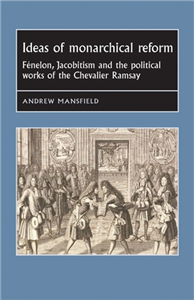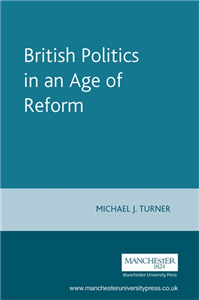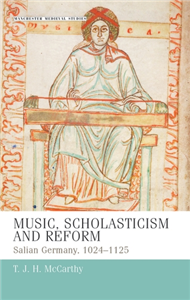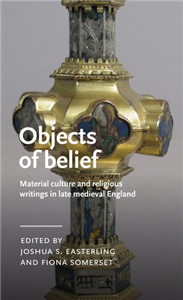Plastik sparen - Initiative zur Vermeidung von Plastik im Alltag
Plastik sparen Die Geschichte einer Idee Die Idee für Plastik sparen ist im Juni 2018 entstanden. Wie schon so oft endete ein Wocheneinkauf im totalen Plastik-Inferno. Kennt ihr das? Einmal einkaufen beim Supermarkt um die Ecke und schon ist eine Mülltüte voll mit Plastik. Aber wie kann ich das ändern, fragte ich mich. Also informierte ich mich, war bei einem Vortrag zum Thema "plastikfrei leben" um dann mit dem Gefühl zurück zu bleiben, das nicht leisten zu können. Aber einfach weiter Plastik konsumieren war für mich auch keine Alternative. Es musste doch Möglichkeiten geben Plastik zu reduzieren, die Jedermann*frau ganz einfach in den Alltag einbauen kann. Und so war "Plastik sparen" geboren. Die Idee dahinter, durch viele kleine Plastik-spar-Aktivitäten den Plastikmüll in meinem Haushalt zu reduzieren. Und, ich kann sagen es funktioniert. Bei jedem Einkauf landet wesentlich weniger Plastikverpackung im Einkaufswagen als früher. Alles Aktivitäten, die keine (oder nur wenig) Zeit gekostet haben, die oftmals Geld gespart haben und die ich problemlos in den Alltag integrieren konnte. "Plastik sparen" ist unser Beitrag für eine Umwelt mit weniger Plastik. Meine Ideen, Gedanken und Erlebnisse möchte ich teilen und viele Menschen dafür begeistern, immer weniger Plastik in ihr Leben zu lassen.
View Rights Portal
























